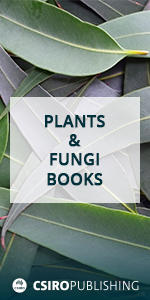FP23010Modelling plants across scales of biological organisation for guiding crop improvement
Significant improvements in the grain yield of globally important staple crops will be required in the coming decades, prompting genetic manipulation of plants for gains. But this path is impeded by limited understanding of molecular- and crop-scale interactions and insufficient field testing. To overcome these challenges, a model-guided crop improvement strategy can be employed, which capitalise on emerging cross-scale plant/crop models for unpacking complex agronomic traits and evaluating genetic manipulation targets, adding significant value to yield improvement efforts.
FP23010 Abstract | FP23010 Full Text | FP23010PDF (3.3 MB) Open Access Article






